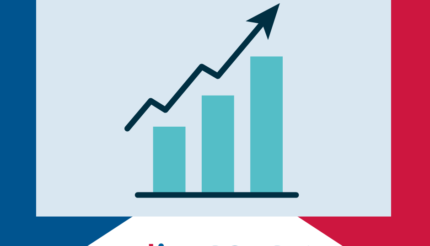How to measure business performance
When we start working with a client we always ask “what do you want to achieve in your life and what do you want your business to enable you to do?”
What is your success?
Success is subjective, so we need to recognize what that looks like to the people we are working with. Once we all see where we are aiming at and know what success will look like we can begin the journey, moving in the right direction. It is at this point that we need to start adding numbers to our plan, because what gets measured gets managed and our numbers will provide us with an objective point from which to make objective decisions about our businesses.
What numbers do you need to track?
Well, it depends. The thing is we need to measure what matters and what matters to you as a business owner may not matter to the next business owner even if he is in the same town and industry as you.
Think instead about core objectives of your business. If your core objective is to grow market share, then the result you need to be measuring is how many customers you have and how much they are buying from you. This however is only the result, so you need to start looking at the activity that is required to obtain customers and market share. What specific actions do you need to review to ensure success? It could be phone calls, it could be client meetings, conversion rates or average sale.
There are a few facts that I think every business owner needs to know and these can be broken down into numbers that tell us about our past, present and future.
Numbers from the business past
We need the numbers from the past to report to HMRC, Companies House and other interested parties, We also need to know what we did so we can learn from it, and because the numbers are an objective measurement of success. These will be found on the Profit and Loss Statement and the Cashflow Statement produced from your accounting software.
Numbers from the business present
We need the numbers from the present to understand where we are, who do you owe and how much you owe, as well as who owes you. You will also need to know your current cash holdings and your stock or Work in Progress levels. If you do not know where you are now, how do you know what you need to do to get to where you want to be. Ignoring these items, or only looking at them once a year with your accountant, will mean you miss key clues as to how your business is doing and can be surprised by unexpected demands on your time and cash. Find these numbers in the Balance Sheet produced again from your accounting software.
What other numbers do you need?
Whilst these numbers from the past and present will measure success or failure, they do not predict the future success or failure of a business and so need to be supplemented by activity-based statistics. It is these figures that will help you predict the future and allow you to change your actions before the results are measured. These figures can not be supplied from your accounting software and so need to be carefully designed to be easy to produce and relevant to your business.
One last thing that you need to know and understand is the train wreck scenario. What in your business would cause disaster? It could be that an overreliance on one client or customer would lead to disaster or it could be the emergence of a new technology that would make your product obsolete or maybe a key member of staff leaving you when there is problem recruiting new personnel. Knowing the portents of disaster and regularly reviewing these scenarios will help avoid the disaster, rather than managing through when the crisis hits.
My accountant does my accounts, I’m covered.
Having your numbers prepared for you is not enough. You must think through what your key numbers are and use them to make objective decisions that will push your business performance to the next level.
What do you want from life?
However the ultimate measure of business success for me is that the business delivers choices for the owners so that they can live their best lives, which comes full circle back to “what do you want your business to do for you?”
If you want to know more, book in a call with me.





